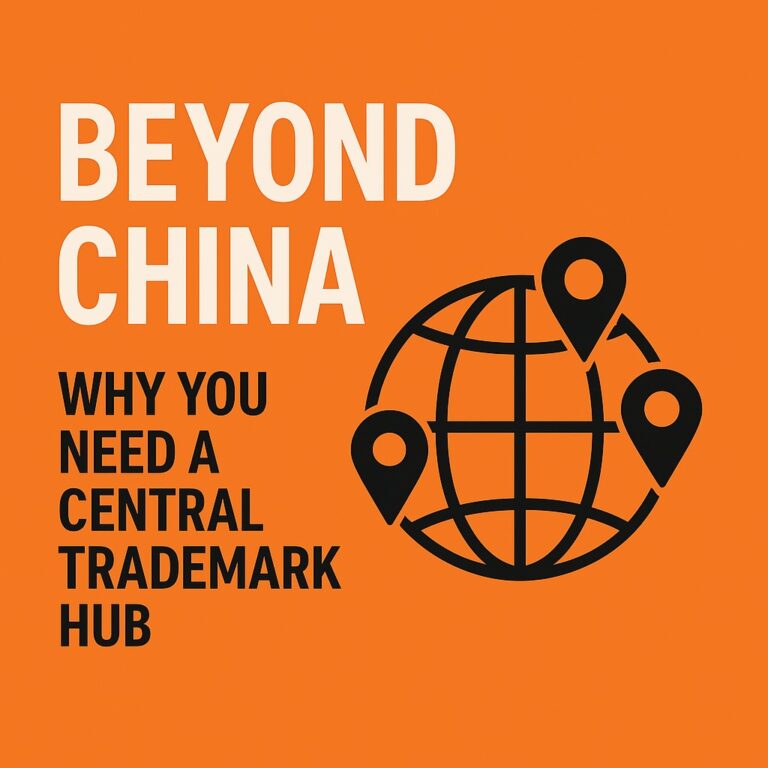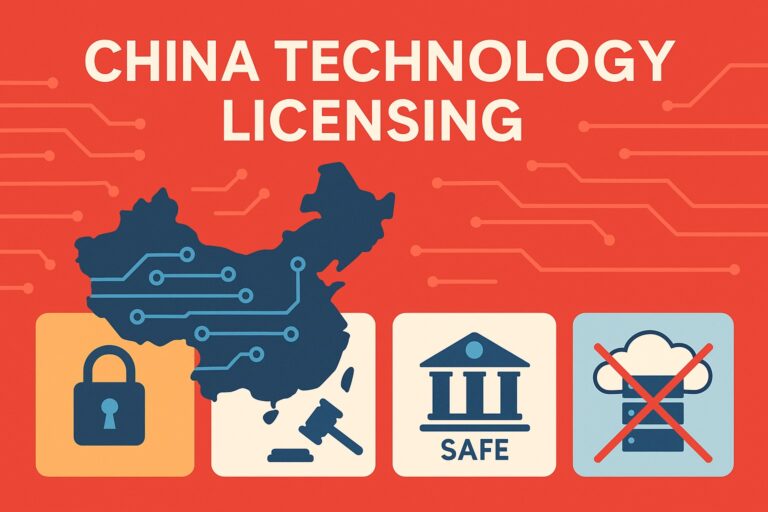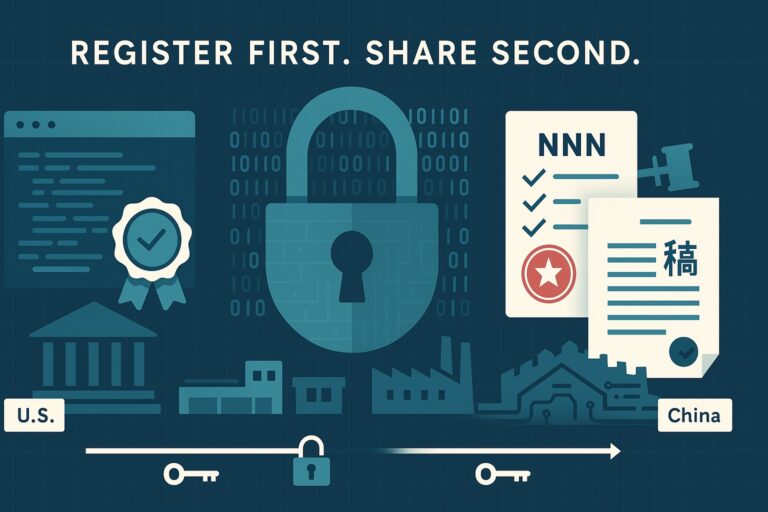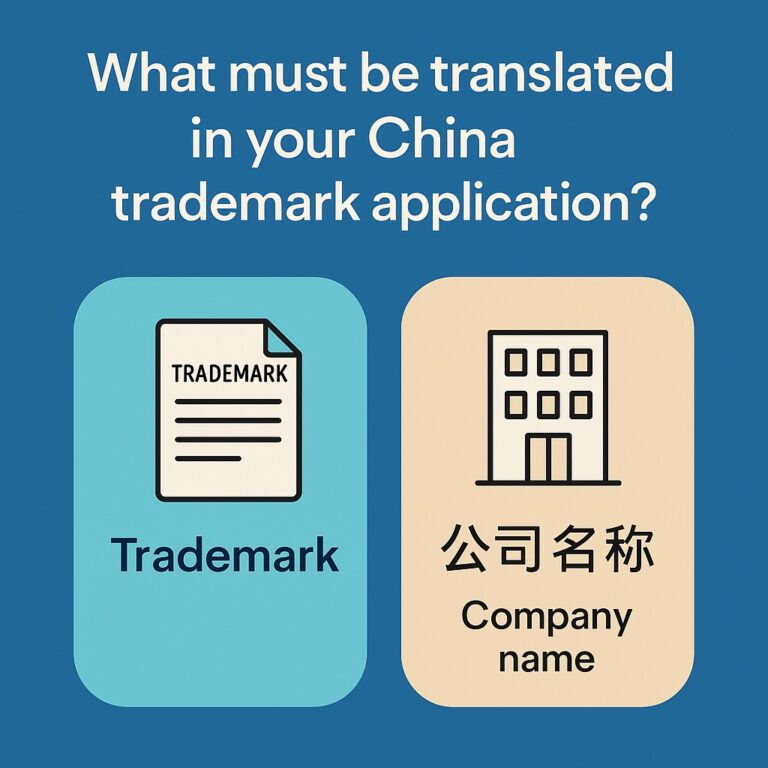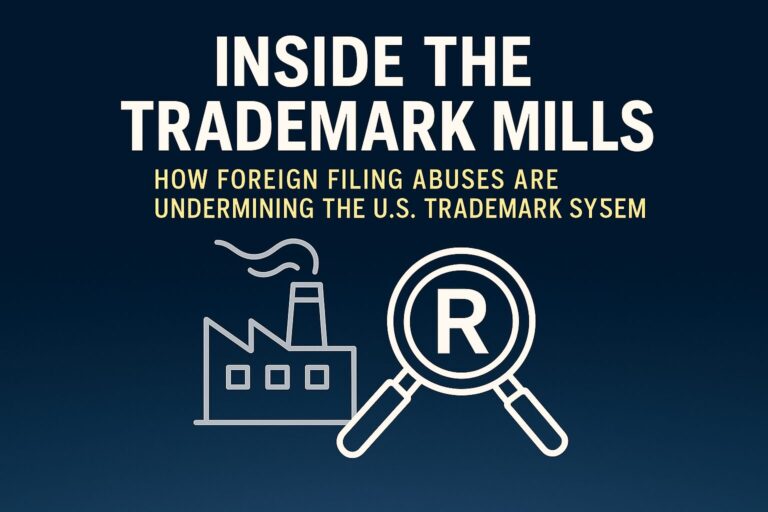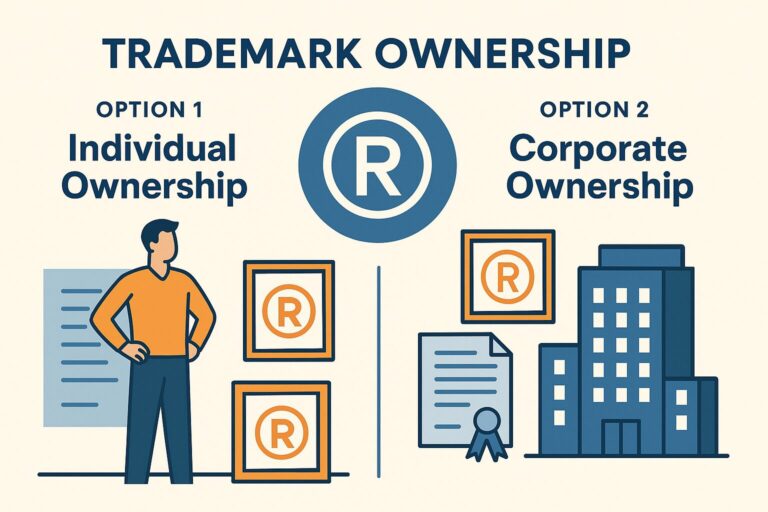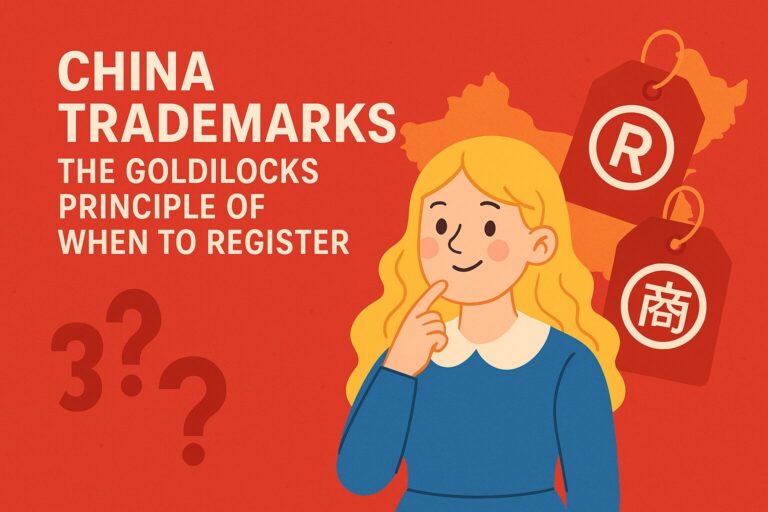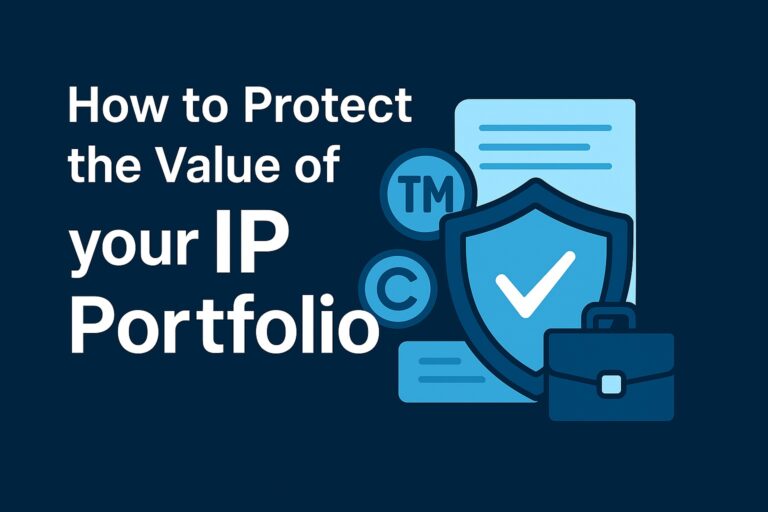
Ten IP Monetization Mistakes That Quietly Destroy Global Trademark Portfolio Value
Ten IP Monetization Mistakes That Quietly Destroy Global Trademark Portfolio Value IP deals rarely fail because someone forgot to file a trademark. They fail because of small operational gaps that compound over time. The ten mistakes below directly erode valuation, licensing leverage, and your ability to survive diligence. Why IP Monetization Fails In Practice Deals










